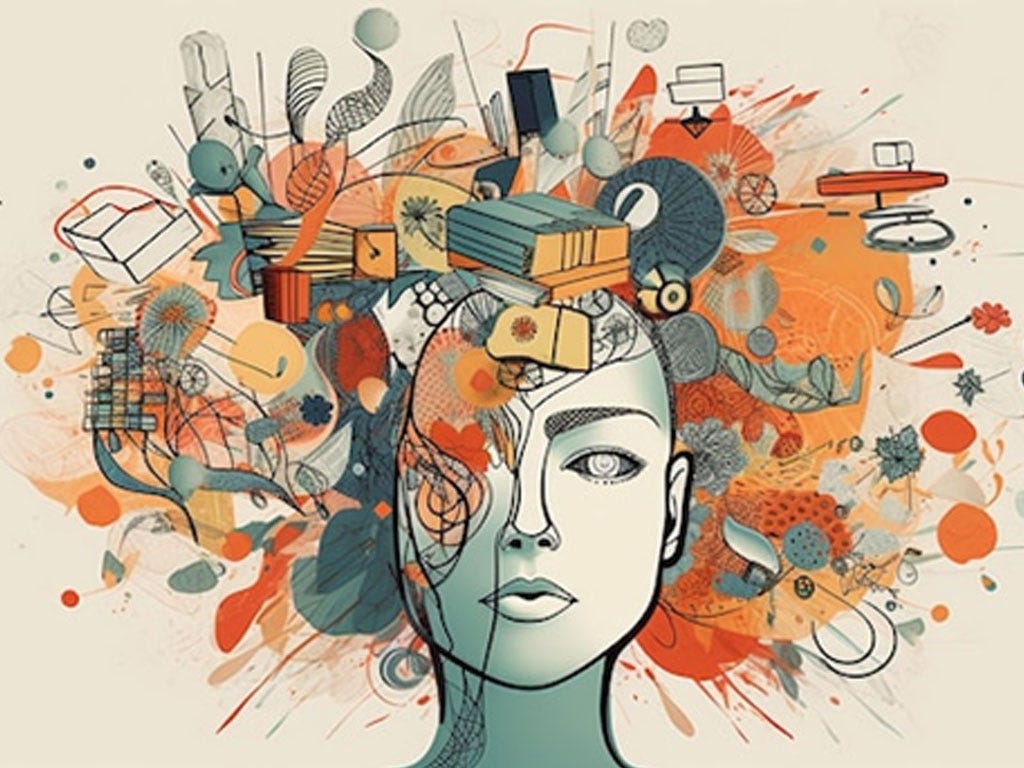In recent years, the rapid advancement of technology has transformed every aspect of modern life, from how we communicate to how we work and entertain ourselves. While these changes have brought numerous benefits, they have also raised concerns about their effects on mental health. This article explores the dual-edged impact of technology on our well-being, examining both the positive and negative aspects.
The Positive Influence of Technology
Technology has revolutionized the way we access information and support for mental health. Online platforms have made mental health resources more accessible than ever before. Apps and websites offer a range of services from guided meditation and cognitive-behavioral therapy to mood tracking and online counseling. These tools provide individuals with immediate support and resources that can help manage stress, anxiety, and depression.
Moreover, technology has facilitated the rise of teletherapy, which allows people to receive therapy from the comfort of their homes. This has made mental health care more accessible, especially for those in remote areas or with mobility issues. Virtual support groups and forums also enable individuals to connect with others facing similar challenges, fostering a sense of community and support.
Social Media and Connection
Social media platforms have transformed the way we connect with others. They provide a space for maintaining relationships, sharing experiences, and finding communities of like-minded individuals. For many, these connections can be a source of emotional support and belonging. Online communities can offer validation and understanding that might be difficult to find in person.
However, the impact of social media on mental health is complex. On one hand, it can enhance social connections and provide a platform for self-expression. On the other hand, it can also contribute to feelings of inadequacy and isolation. The constant comparison to curated images of others’ lives can lead to a distorted sense of reality and contribute to anxiety and depression. The pressure to present a perfect image online can also exacerbate these issues.
The Downsides of Digital Overload
One of the most significant challenges associated with technology is digital overload. The constant influx of information from multiple sources, including news feeds, notifications, and emails, can lead to information fatigue and stress. This constant stimulation can make it difficult to focus and may contribute to feelings of being overwhelmed.
The phenomenon of “screen addiction” is another concern. Excessive use of digital devices, particularly smartphones, has been linked to a range of negative mental health outcomes. Spending long hours on screens can disrupt sleep patterns, reduce physical activity, and lead to increased feelings of loneliness and depression. The addictive nature of social media and gaming can also contribute to the neglect of real-life responsibilities and relationships.
Cyberbullying and Online Harassment
The anonymity of the internet has given rise to cyberbullying and online harassment, which can have severe consequences for mental health. Individuals who experience online bullying may suffer from anxiety, depression, and low self-esteem. The lack of a safe space to retreat from these negative interactions can exacerbate the impact on mental well-being.
Additionally, the spread of misinformation and harmful content online can contribute to increased anxiety and fear. The constant exposure to negative news and online hostility can create a sense of unease and distrust, further affecting mental health.
Balancing Technology Use
Given the profound impact of technology on mental health, finding a balance is crucial. Setting boundaries around technology use, such as limiting screen time and taking regular breaks, can help mitigate some of the negative effects. Engaging in activities that promote well-being, such as physical exercise, mindfulness practices, and face-to-face interactions, can counterbalance the potential drawbacks of digital engagement.
Promoting digital literacy and awareness about the potential impacts of technology on mental health is also important. Educating individuals on how to use technology mindfully and seek help when needed can empower them to make informed choices about their digital lives.
Conclusion
Technology’s impact on mental health is multifaceted, with both positive and negative aspects. While it offers valuable resources and opportunities for connection, it also presents challenges that can affect well-being. By understanding and addressing these effects, we can harness the benefits of technology while mitigating its potential drawbacks, ultimately fostering a healthier relationship with the digital world.

